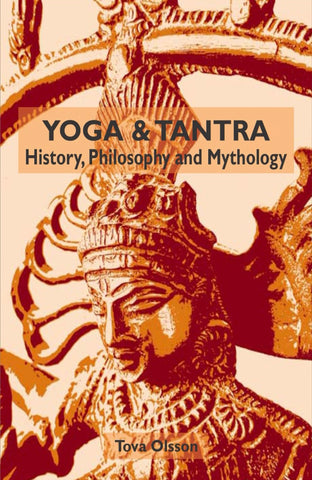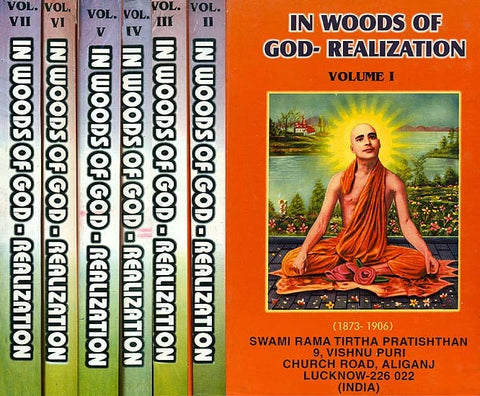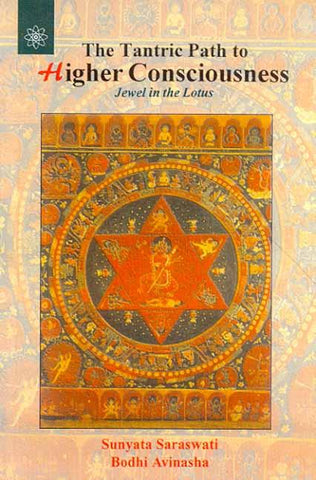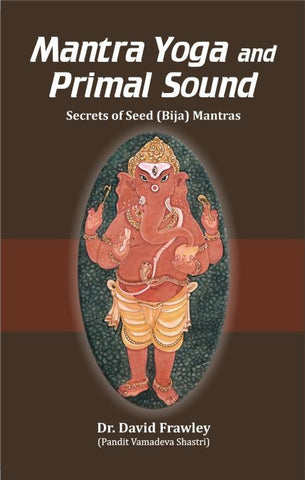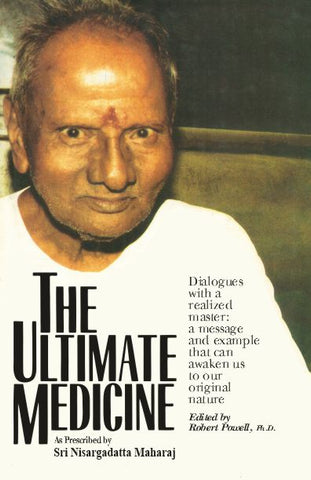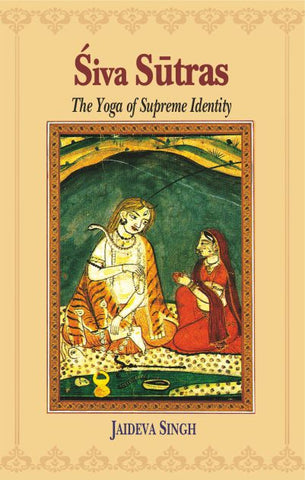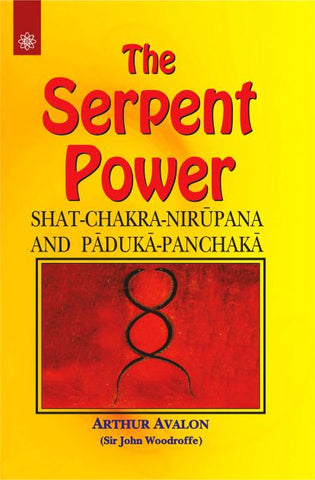Your cart is empty now.
This comprehensive study of Kundalini energy and how to awaken it within oneself includes methods, techniques, and examples of achieving higher consciousness, Kundalini awakening and self-realization. There is a spiritual energy dormant below the base of the spine. In the east, it is called the Kundalini, but whatever name it is called, it is a common denominator in all major religions. People with awakened Kundalini experience death before physically dying through visions and out-of-body experiences, ultimately leading to a spiritual rebirth. A twice-born person simultaneously enjoys the best of this world and the next through an inner journey that conquers fears of death. That inner journey travels the world of meditation and unconscious dreams, as well as an actual near-death experience.
Ravindra Kumar, PhD experienced Kundalini's awakening in 1987 and has published several books about yoga, chakras, dreams, and psychic development. Jytte Kumar Larsen experienced Kundalini's awakening in 1992, which led to her meeting Ravindra Kumar at one of his seminars. Together, they have been guiding people towards the awakening of Kundalini ever since this fortunate meeting.
Preface
THE EMINENT SWISS PSYCHIATRIST Carl Jung said that it is psychologically beneficial to have died as a goal toward which to strive. Mozart called death the key to unlocking the door to true happiness. Shakespeare wrote that when we are prepared for death, life is sweeter. The French philosopher Michel de Montaigne said "To practice death is to practice freedom."
Although Dr Ravindra Kumar does not come right out and say it, this book is about "practising death." Strange words, but like Jung, Mozart, Shakespeare and Montaigne, Dr Kumar has discovered the fountain of wisdom. When we drink from this fountain, we learn how to lead a much more enjoyable and meaningful life in the present lifetime. It is one big paradox: practice death, embrace death, and learn how to live now.
"Death is indeed a fearful piece of brutality," Jung offered. "There is no sense in pretending otherwise. It is brutal not only as a physical event but also far more so psychically. However, from another point of view, death appears a joyful event. In the light of eternity, it is a wedding, a mysterium conjunction. The soul attains, as it were, it's missing half. It achieves wholeness."
It's extremely difficult for the average Western materialist, whether or not he or she subscribes to a religion to comprehend such sage reasoning. "The idea of death, the fear of it, haunts the human mind like nothing else," wrote anthropologist Edwin Becker in his 1974 Pulitzer prize-winning book, The Denial of Death. Becker explained that to free oneself of death anxiety, nearly everyone chooses the path of repression. We bury the anxiety deep in the subconscious while we busy ourselves with our jobs, escape into fictitious stories, and hit little white as we seek a mundane security we expect to continue indefinitely. We give meaning to Kierkegaard's "Philistine" -a man fully concerned with the trivial, a man striving to become one with his toys.
Of course, along the way, some take time out for love and service the things that count but sooner or later those repressed anxieties concerning death begin welling to the surface, causing stress, anxiety, fears, and depression.
Becker called repression the enemy of mankind. Psychiatrist Robert Jay Lifton, the author of The Broken Connection, said much the same thing, stating, "In real psychological ways, one must know death in order to live with a free imagination."
The key to living the unrepressed life, according to both Becker and Lifton, is having a sense of immortality, a firm belief that this life is part of a much larger and eternal life. Jung, Mozart, Shakespeare and Montaigne all had that sense. Without it and without the defence mechanism of repression man races toward extinction, or as Jung put it, "marches toward nothingness."
Developing that sense of immortality is not usually achieved simply by attending church or synagogue once a week. We must practice death daily. As Socrates put it, "practising death" is merely pursuing philosophy "in the right way," and learning how "to face death easily". It means searching for higher truths, cultivating an awareness of the larger life, being able to visualize other realms of existence, discerning our motives, contemplating our actions, and pondering our deeds. It calls for meditation and study, including reading all the great books of religion as well as the works of various seekers, scholars, sages, seers, saints, and swamis-people like Jung, William James, Emanuel Swedenborg, Alice Bailey, Rudolf Steiner, Swami Ramakrishna, Mary Baker Eddy, Teresa of Avila, John of the Cross, Grace Cooke, Edgar Cayce, Allen Kardec, Hildegard of Bingen and others.
Many people think nothing of devoting an hour a day to exercise in pursuit of physical well-being. Practising death for an hour a day can do the same for spiritual well-being. It releases us from darkness to light, from unconsciousness to consciousness, from spiritual depravity to spiritual enlightenment, from ignorance to knowledge, from imperfection to perfection.
This book can help the seeker understand what it means to practice death and then to actually practice it. It shows the seeker how to better understand life, to savour it, harmonize with it, find inner peace, tranquillity and repose to move closer to being one with the creator and make a graceful transition to the world of higher vibration when the time is right.
Contents
| Dedication | vii | |
| Foreword | viii | |
| Preface | xi | |
| Acknowledgements | xiii | |
| Introduction | xv | |
The Other World, 1 |
||
| Chapter 1 | The Awakening of the Twice-Born | 3 |
| Chapter 2 | Evidence and Motivation of the Divine Plan | 11 |
| Chapter 3 | Dying, Death and the After-life | 21 |
| Chapter 4 | The Astral Plane | 31 |
| Chapter 5 | The Mental and Higher Planes | 39 |
| Chapter 6 | Kundalini and the Gates of Heaven | 49 |
The Soul as Traveler, 55 |
||
| Chapter 7 | Theory of the Universe and the Soul | 57 |
| Chapter 8 | Consciousness, Ego, Self and God | 63 |
| Chapter 9 | The Journey to the Soul | 73 |
| Chapter10 | Illustrations of the Power of the Soul | 83 |
| Chapter11 | Scientific Evidence for the Soul | 95 |
Unity in Diverse Approaches, 105 |
||
| Chapter12 | Inner Reality and Individuation | 107 |
| Chapter13 | Transformation and Comparison | 115 |
| Chapter14 | Scientific World Religion | 123 |
Gateways to Higher Consciousness, 129 |
||
| Chapter15 | Karma Yoga-The Path of Selfless Action | 131 |
| Chapter16 | Jnana Yoga-The Path of Knowledge | 137 |
| Chapter17 | Bhakti Yoga-The Path of Devotion | 147 |
| Chapter18 | The Vedic Methods of Lord Krishna | 155 |
| Chapter19 | The Method of Dreams | 159 |
| Chapter20 | Near-Death Experiences | 173 |
| Chapter21 | Crisis and Suffering | 177 |
| Chapter22 | The Sex Drive | 185 |
| Chapter23 | Other Methods | 195 |
Exploring Reality through Kundalini, 205 |
||
| Chapter24 | Secrets of Kundalini Awakening | 207 |
| Chapter25 | The Integral Path and Kundalini | 213 |
| Chapter26 | The Physiology of Kundalini | 225 |
| Afterwards | 239 | |
| Notes | 243 | |
| Glossary | 252 | |
| Bibliography | 258 | |
| Index | 263 | |
| Testimonial for Ravindra Kumar | 269 |
Delivery and Shipping Policy
- INTERNATIONAL SHIPPING
- Rs.1000-1100/kg
- ESTD. Delivery Time: 2-3 weeks (depending on location)
- Bubble Wrapped with Extra Padding
- NATIONAL SHIPPING
- NCR: Rs. 30/half kg
- Standard: Rs. 80/half kg
- Express shipments also available on Request
- ESTD. Delivery Time: Ranging from 1-4 days up to 7 business days (Depending on your choice of Delivery)
- TRACKING
- All orders; national or international, will be provided with a Tracking ID to check the status of their respective orders
- Depending on the Shipping Service, Tracking ID may be used on their respective tracking portals
Frequently Asked Questions (FAQs)
Domestic Shipping: 3-4 Days (after shipping)
International Shipping: 1-2 weeks (based on your location)
You will receive an email once your order has been shipped or you can email us if you didn't receive tracking details (info@mlbd.co.in)
Every book that we sell is the latest edition except all the rare books
Yes, we do provide free shipping, only on domestic orders (within India) above Rs.1500










